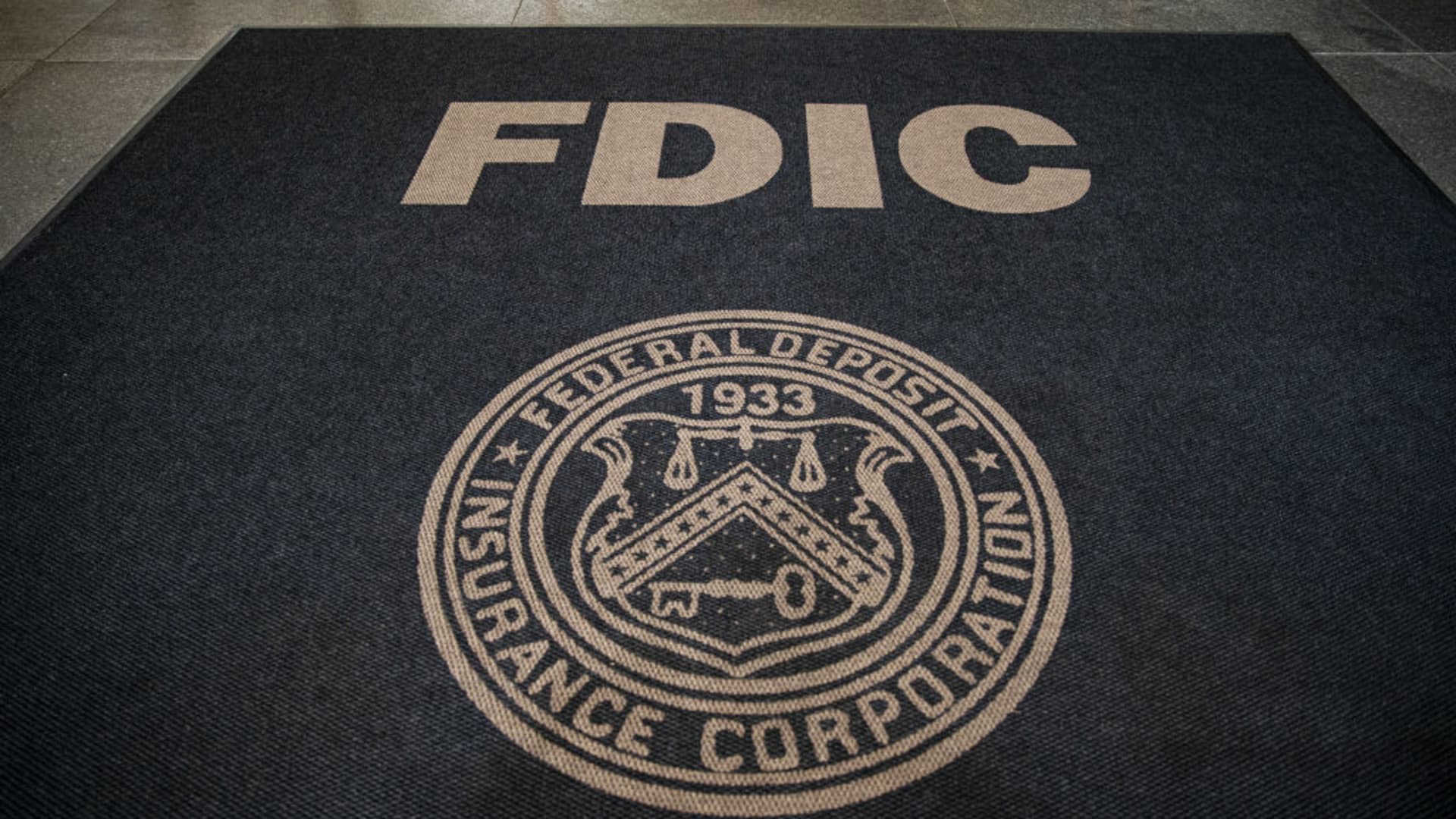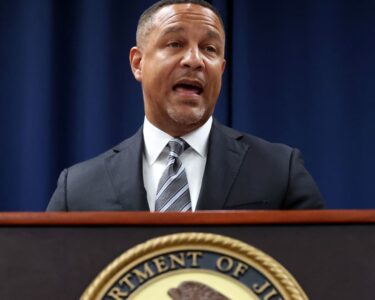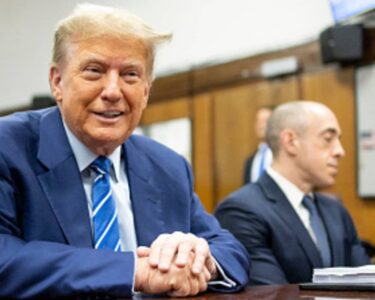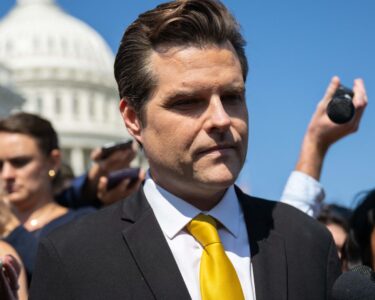Four prominent U.S. lawmakers on banking matters said on Sunday they would consider whether a higher federal insurance limit on bank deposits was needed to stem a financial crisis marked by a drain of large, uninsured deposits away from smaller and regional banks.
“I think that lifting the FDIC insurance cap is a good move,” Senator Elizabeth Warren, a Democrat, said on CBS’s “Face The Nation” program, referring to the Federal Deposit Insurance Corporation’s current $250,000 limit per depositor.
Asked what the new, higher level should be, Warren, a member of the Senate Banking Committee, said: “This is a question we’ve got to work through. Is it $2 million, is it $5 million? Is it $10 million? Small businesses need to be able to count on getting their money to make payroll, to pay the utility bills.”
Warren declined to discuss conversations she has held with the Biden administration about such a move, but said an insurance limit hike “is one of the options that’s got to be on the table right now.”
Senator Mike Rounds, a Republican on the Senate Banking Committee, also questioned whether the $250,000 limit, which was increased from $100,000 during the 2008 financial crisis, was still appropriate.
“Perhaps that’s not enough,” Rounds told NBC’s “Meet the Press.”
He added that regional and smaller banks would want some “reassurances” that they can compete with larger banks and “it’s going to take a couple of months for consumers outside to recognize that all these banks are stable.”
Republican Representative Patrick McHenry, chairman of the House Financial Services Committee, said he would work to address the adequacy of FDIC deposit insurance, but added that he has not had any conversations with Biden administration officials on raising the limit.
“What I will do though, legislatively, and in an oversight function, is to determine whether or not we need to address the FDIC deposit level,” McHenry told the same CBS program.
During the financial crisis that erupted in 2008, the FDIC temporarily backstopped all deposits to safeguard smaller banks.
Pressure on midsized and smaller banks from deposit outflows continued on Friday despite a move by several large banks to deposit $30 billion into First Republic Bank, an institution rocked by the failure of Silicon Valley Bank and Signature Bank.
Some former officials, including former FDIC chief Sheila Bair, have said regulators may need to repeat a temporary blanket guarantee on all U.S. deposits. Under the Dodd-Frank financial reform law, such a move requires Congress to pass a resolution of approval on an expedited schedule.
McHenry said he wanted to examine the trade-offs of higher deposit insurance limits, “the moral hazard of having more risk-taking in the financial sector, and also the impact it would have on community banks.”
A U.S. Treasury spokesperson declined to comment. Treasury Secretary Janet Yellen told senators last week that further guarantees of uninsured bank deposits beyond those in SVB and Signature Bank would require systemic risk determinations by her, President Joe Biden and “supermajorities” of the Federal Reserve and FDIC boards.
Senator Chris Van Hollen, a Democrat on the Senate Finance Committee, also told Fox News Sunday that Congress and regulators need to address the $250,000 limit, but not every bank should be “bailed out.”
“There will be a question going forward as to how we deal with deposits over $250,000 as being covered here. But what the mechanism would be if we do that at all, is something very much up to debate,” Van Hollen said.






